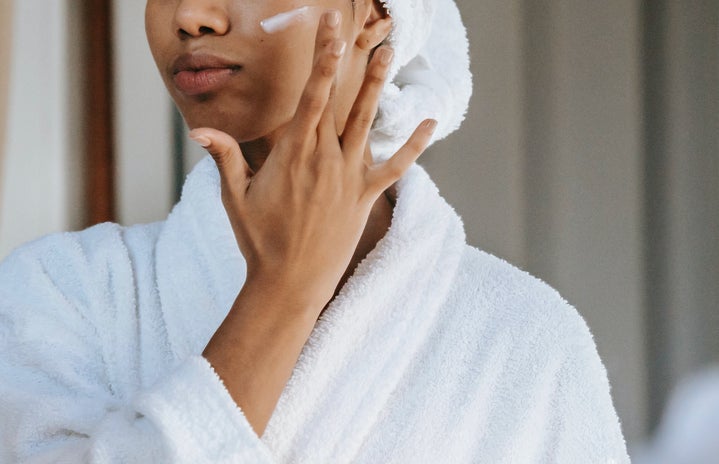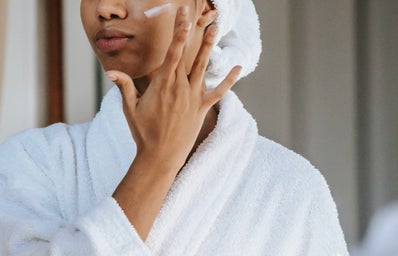In my house of 6 girls, 4 of us turned 21 by the first week of March. After having celebrated the big birthday, we were all left to ruminate on what it means to be 21. Within these conversations about our new milestone, we discussed all the classics perks, such as, drinking anywhere, our future careers and most notably, how our skin care will change in our newfound maturity.

In our on-going conversations about skin care, we always find ourselves circling back to the topic of sunscreen. Having grown up spending our summers in the sun, none of us are strangers to the feeling of sun kissed skin and a newly freckled nose. Being the palest, and most Irish, I am the most foreign to the topic of tanning, as the time it takes me to burn is equal to the time it takes me to even apply my sunscreen. Even in light of my fair complexion, I sacrifice my comfort for the potential of a genuine summer tan. Yet when this endeavour ultimately fails, I never learn my lesson and let myself burn time and time again. As expected, my friends who tan much easier than me will spend countless hours in the sun without a second thought for sunscreen or the consequences they will face at the end of the day.
However, as my friends and I discussed the route of anti-aging, all of our perspectives on sunscreen changed. We began to research the effects of the sun and the necessary steps to preserve our youthful skin for as long as we can. Unfortunately, the primary agent of anti-aging was sacrificing our favourite summer activity of tanning. All of us agreed that our 21st summer would signify the transition into the maturity of our skincare rhetoric. This includes an hourly application of sunscreen and reducing our sun exposure.
Prolonged sun exposure greatly increases your chances of experiencing premature aging. Sun exposure can cause this as the harmful UV rays break down the collagen and elastin fibres in our young skin and cause both wrinkles and loosened folds.
Addressing this concern, as a result of our tanning behaviours, signified that we were no longer at the age of ignorance and irresponsibility. We could no longer be blissfully unaware of our actions and continue without a care in the world about our future.

As minuscule and irrelevant as this debacle may seem, the symbolism of the debate is undeniable. Our time for unbridled fun has come to an end and the necessity of perpetual omniscience is looming. As we enter the era of grad school, full independence and the beginning of the rest of our lives, we owe it to ourselves to be aware of every self and externally afflicted experience we face. All we experience going forward falls onto our shoulders without the safety net of adolescence to catch us.
The conversations about tanning and the summer sun amongst my best friends was my eye-opening moment to how the next chapter of my life is on the horizon.




